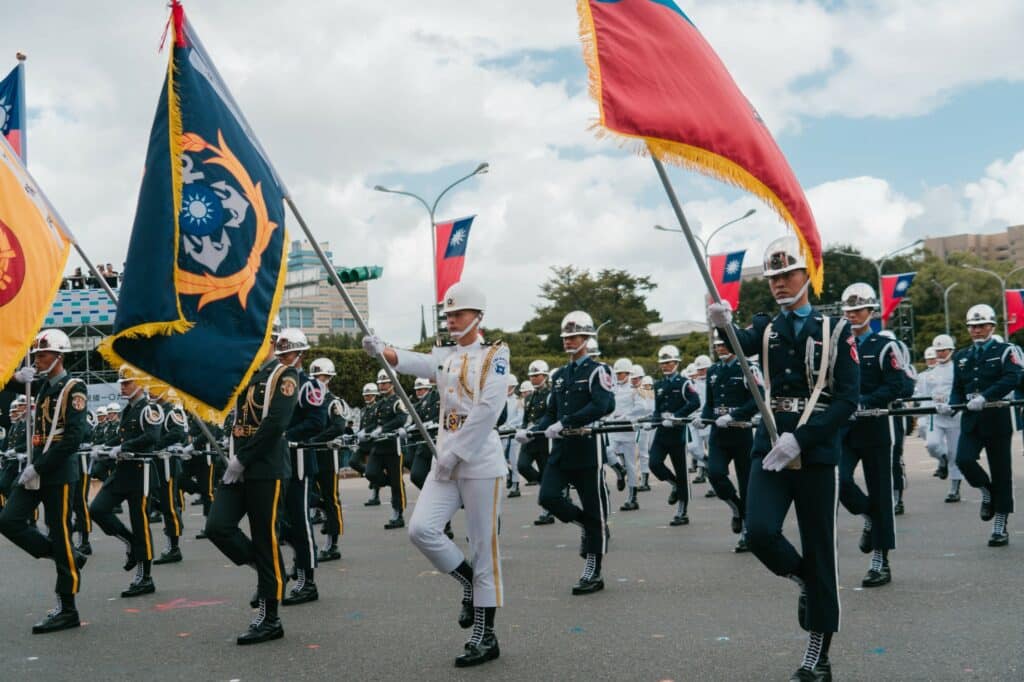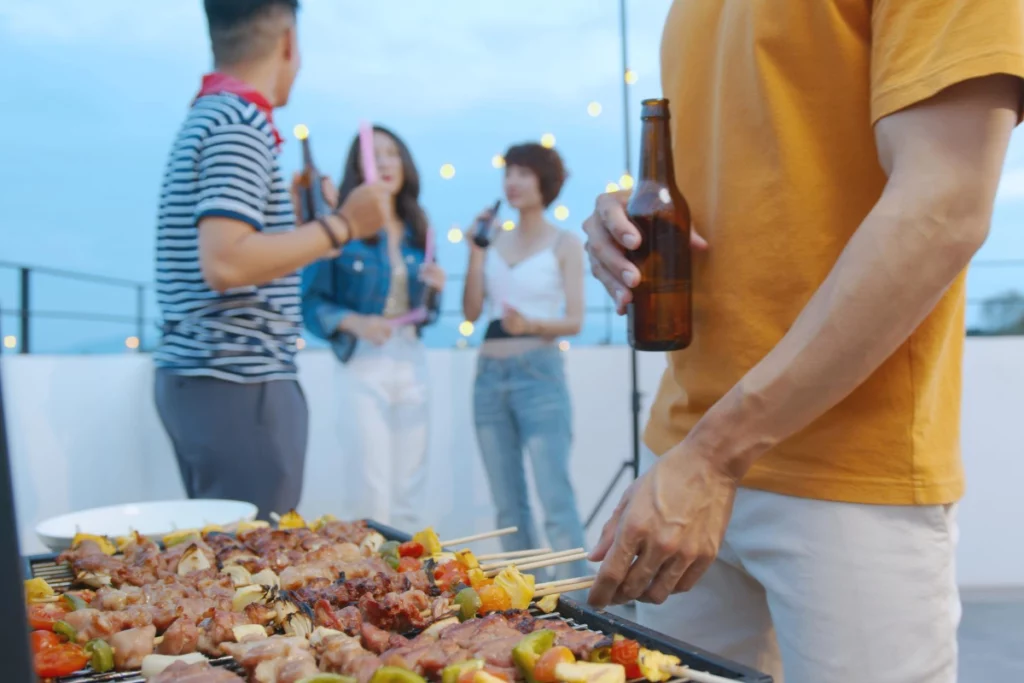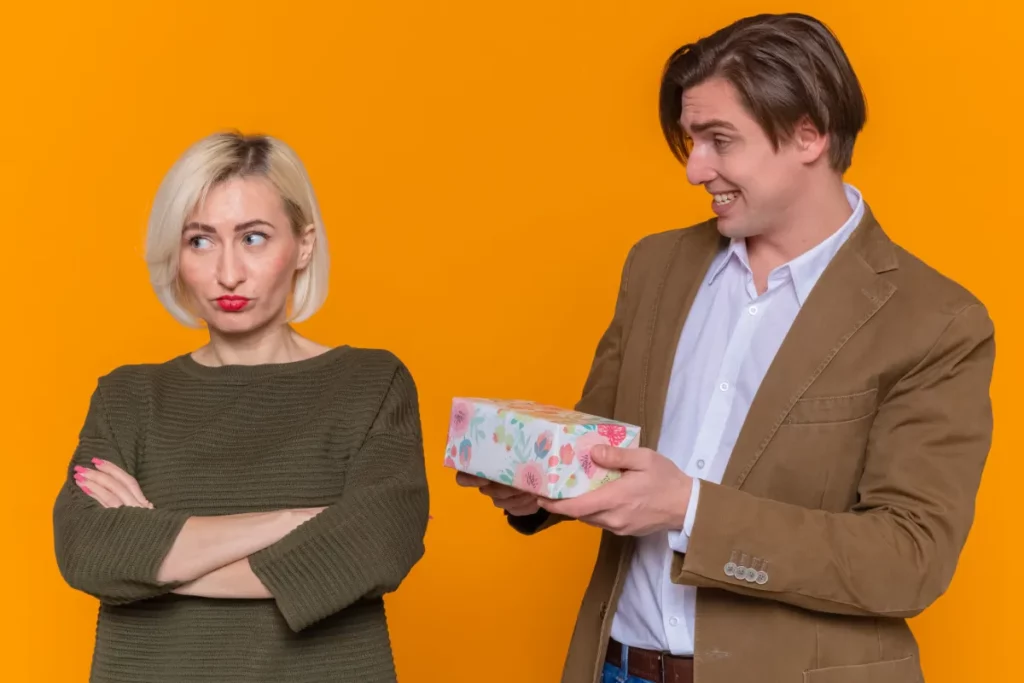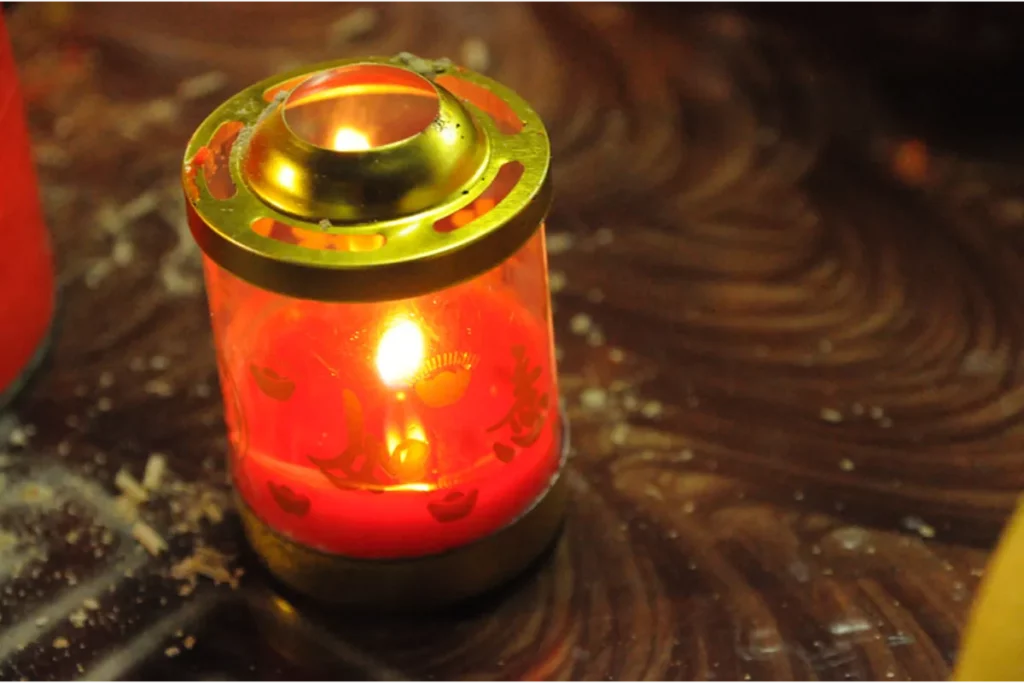Last Updated on 12-30-2023
According to recent news reports, the phrases “不好意思!” (Excuse Me!), “甜度冰塊?” (Sugar Level and Ice?), and “統編載具需要嗎?” (Do you Need a Unified Business No. or Carrier Invoice?) have become three memorable phrases for foreigners, showcasing a unique cultural phenomenon in Taiwan.
These catchphrases highlight the warm hospitality and detail-oriented attitude of Taiwanese people. “Excuse Me!” is not only a polite expression but also reflects humility and respect towards others. On the other hand, “Sugar Level and Ice?” showcases the intricate attention to food and beverages, taking into consideration the customers’ preferences.Moreover, “Do you Need a Unified Business No. or Carrier Invoice?” touches upon Taiwan’s taxation system, demonstrating Taiwanese people’s emphasis on legal compliance.
These succinct phrases encapsulate the Taiwanese people’s enthusiasm and seriousness in dealing with others and matters, leaving an unforgettable impression on foreigners and becoming distinctive characteristics they remember when visiting Taiwan.
「不好意思!」”Excuse Me!”

Why Do Taiwanese Say “Excuse Me!”
In Taiwan, the phrase “Excuse Me!” is often said to originate from the culture of humility and politeness. This phrase can be used in various situations, not only for apologizing but also as a way to express modesty and politeness. This behavior reflects the societal value placed on considering others’ feelings in Taiwanese culture. The habit of apologizing frequently in Taiwanese society might also be related to its Confucian culture, which emphasizes interpersonal relationships, etiquette, and respect.
The Meaning of “Excuse Me!”
Not only is “Excuse Me!” a linguistic expression, but it’s also a significant element of Taiwanese culture, showcasing their attitude towards dealing with others.
For example, if a Taiwanese person is late, they might say “Excuse Me!” to apologize for making you wait; if they need someone’s help, they’ll say “Excuse Me!” to acknowledge the inconvenience; and if they receive compliments, they’ll respond with “Excuse Me!” to modestly downplay the praise. These are all forms of politeness in Taiwanese culture and don’t necessarily imply genuine embarrassment or guilt. Instead, it’s a way of respecting others’ feelings and time, while also demonstrating humility and gratitude.
「甜度冰塊?」「Sugar Level and Ice?」

Why Do Taiwanese Say “Sugar Level and Ice?”
Why do Taiwanese people like to specify sweetness level and ice in their drinks? This is a common question, especially for foreigners. Taiwan is a tropical island with a hot and humid climate, so Taiwanese people enjoy drinking various cold beverages to quench their thirst and cool down.
Each type of beverage can be customized in terms of sweetness and the amount of ice according to individual preferences. This allows consumers to enjoy drinks that best suit their tastes and also helps to avoid wastage or unhealthy choices.
Sweetness Difference Between Northern and Southern in Taiwan
Due to the significant climatic differences between the north and south of Taiwan, where the south is hot and the north is relatively cooler, people’s taste preferences vary. Southerners often opt for higher sweetness levels and more ice cubes to cope with the hot climate, while those in the north tend to prefer moderate sweetness and fewer ice cubes.
This practice not only reflects individual tastes but also highlights regional disparities and climate influences. Through the ordering method of specifying “sweetness level and ice,” Taiwanese people have found their own comfortable beverage choices during hot weather. This also accentuates Taiwan’s unique culture of handcrafted beverages.
「統編載具需要嗎?」「Do you Need a Unified Business No. or Carrier Invoice?」

What are Unified Business No. or Carrier Invoice
The receipt, we call it Uniform Invoice in Taiwan. In Taiwan’s tax regulations, consumers can request businesses to provide either a Uniform Invoice (with Unified Business Number) or an electronic invoice (with a carrier invoice) when purchasing goods or services. This is done for purposes of personal income tax reporting or participation in invoice prize drawings.
The Unified Business Number is an eight-digit code representing the consumer’s identity or company name, while a carrier invoice is a barcode or QR code that stores the consumer’s invoice information.
Why Do Taiwanese Say “Do you Need a Unified Business No. or Carrier Invoice?”
Why do Taiwanese people often mention the need for a Unified Business Number and a carrier invoice? This is a common question, but there isn’t a straightforward answer. Some Taiwanese individuals mention the need for a Unified Business Number and a carrier invoice to save time and paper, avoiding the need to repeatedly specify the type of invoice they want with each transaction. Others might do so because they’re unclear about the distinction between a Unified Business Number and a carrier invoice, or they might not know whether they need to report taxes or claim prizes. Regardless, this question reflects the Taiwanese people’s attention to and engagement with the tax system, showcasing the diversity and adaptability of Taiwanese society.
These three phrases are commonly used by Taiwanese people, but they might be difficult for foreigners to understand or adapt to.They reflect Taiwan’s culture and lifestyle, as well as demonstrate the politeness and care of Taiwanese people.These expressions can allow foreigners to feel the unique charm of Taiwan and enhance mutual communication and understanding.








